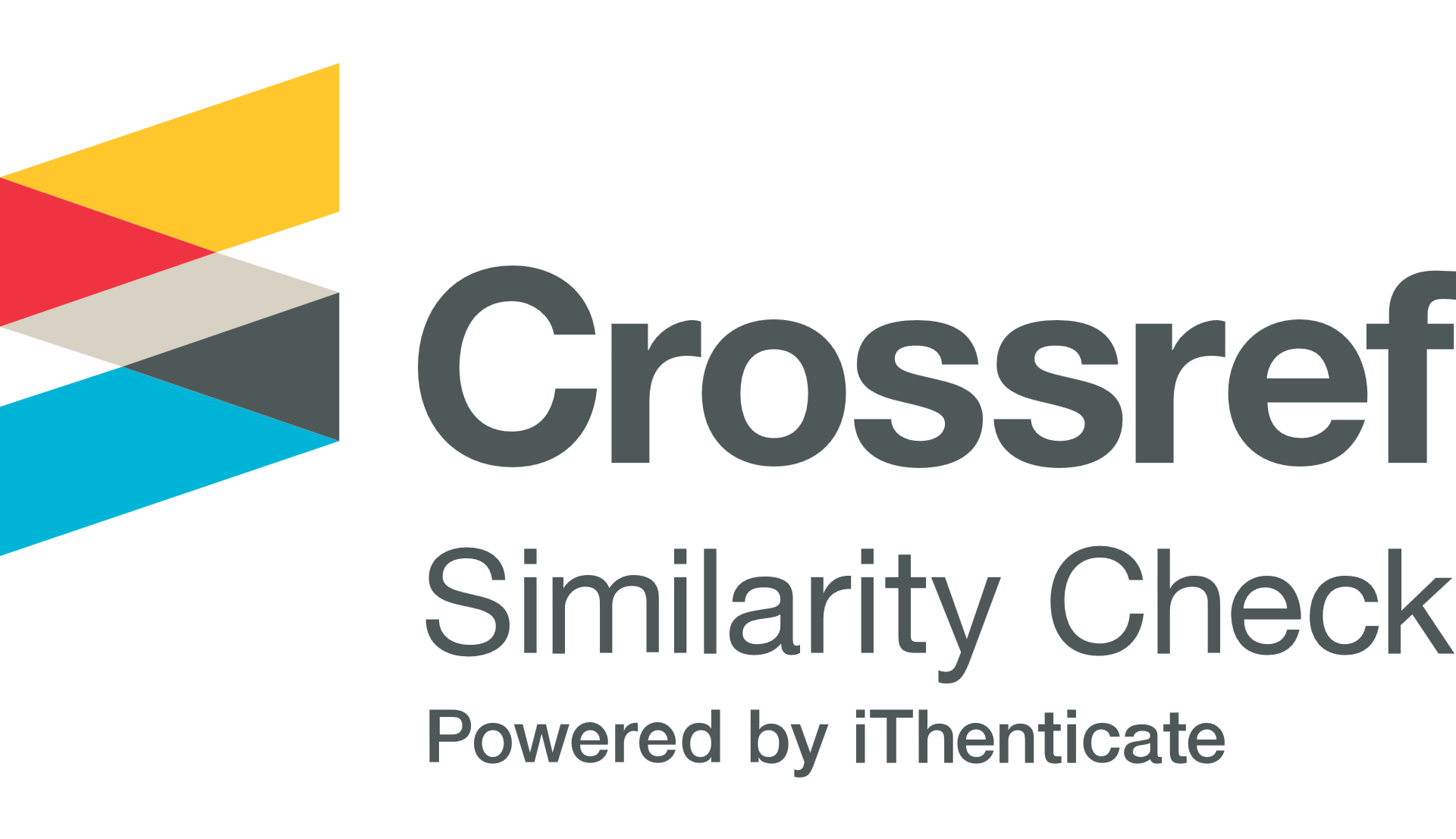RESILIENCIA EN PERSONAS TRANSGÉNEROS FEMENINAS DURANTE CONFINAMIENTO POR COVID-19 EN LA CIUDAD DE PORTOVIEJO
Artículo de investigación
DOI:
https://doi.org/10.46296/yc.v5i8edespen.0090Palabras clave:
COVID-19, Mujeres transgéneros, Resiliencia, Emergencia sanitariaResumen
La resiliencia en personas transgéneros femeninas durante el confinamiento por COVID-19, ha sido una de las problemáticas más fuertes para esta comunidad, la falta de apoyo como ha sido expresado por ellas y a su vez las situaciones que han cursado por las limitantes laborales y las restricciones que se aplicaron para la contención del virus causaron estragos y han sido forzadas a mantenerse entre la población con mayor visibilidad ante la búsqueda de ingresos para la sobrevivencia propia. El objetivo de la investigación es determinar los niveles de resiliencia en personas transgénero femeninas de la Organización Transfemenina de la ciudad de Portoviejo. Para realizar el estudio se aplica una metodología que fue de carácter, mixto cuanti-cualitativo de tipo descriptivo, basado con la técnica de encuesta y entrevista. Para la obtención y análisis de la información se aplicaron instrumentos, los cuales son la escala de resiliencia SV-RES; y entrevista semiestructurada para poder identificar los datos que aporten claridad a la información obtenida. La escala percentil permitió identificar que la resiliencia en las mujeres transgéneros que participaron en la investigación fue de nivel promedio durante la pandemia y estuvieron durante el tiempo de confinamiento con problemas económicos además que la repercusión en sus vidas fue la parte emocional hasta el temor del riesgo ante el contagio por esta enfermedad. Como parte de las conclusiones se indica que las personas transgéneros femeninas deben tener una atención integra sobre los procesos de superación de problemas, y que les brinden un aporte hacia la vida de ellas.
Palabras claves: COVID-19, Mujeres transgéneros, Resiliencia, Emergencia sanitaria.
Abstract
Resilience in female transgender people during confinement due to COVID-19 has been one of the strongest problems for this community, the lack of support as expressed by them and in turn the situations that have occurred due to work limitations and restrictions that were applied to contain the virus caused havoc and have been forced to remain among the population with greater visibility in search of income for their own survival. The objective of the research is to determine the levels of resilience in female transgender people of the Trans Organization of the city of Portoviejo. To carry out the study, a methodology was applied that was of a mixed quantitative-qualitative descriptive nature, based on the survey and interview technique. To obtain and analyze the information, instruments were applied, which are the SV-RES resilience scale; and semi-structured interview to be able to identify the data that provide clarity to the information obtained. The percentile scale made it possible to identify that the resilience in the transgender women who participated in the research was of an average level during the pandemic and they were during the confinement time with financial problems, as well as that the impact on their lives was the emotional part up to the fear of risk of contagion by this disease. As part of the conclusions, it is indicated that transgender women must have comprehensive attention to the processes of overcoming problems, and that they provide them with a contribution towards their lives.
Keywords: COVID-19, Transgender women, Resilience, Health emergency.
Información del manuscrito:
Fecha de recepción: 16 de noviembre de 2020.
Fecha de aceptación: 15 de enero de 2021.
Fecha de publicación: 29 de enero de 2021.
Descargas
Citas
Álvarez, P, Harris, P. (2020). COVID-19 en América Latina: Retos y oportunidades. Rev. chil. pediatr. 91(2). 179-182. Disponible en: https://scielo.conicyt.cl/scielo.php?script=sci_arttext&pid=S0370-41062020000200179&lng=es. http://dx.doi.org/10.32641/rchped.vi91i2.2157.
Barrientos, J, Saiz, J, Gómez, F, Espinoza, R, Cárdenas, Bahamondes, J. (2019). La Investigación Psicosocial Actual Referida a la Salud Mental de las Personas Transgénero: Una Mirada Desde Chile. PSYKHE, 28 (2). 1-13, ISSN: 0717-0297. Recuperado de https://scielo.conicyt.cl/pdf/psykhe/v28n2/0718-2228-psykhe-28-02-psykhe_28_2_1482.pdf
Beylis, Guillermo, Roberto Fattal Jaef, Michael Morris, Ashwini Rekha Sebastian y Rishabh Sinha. 2020. Efecto viral: COVID-19 y la transformación acelerada del empleo en América Latina y el Caribe. Estudios del Banco Mundial sobre América Latina y el Caribe. Washington, DC: Banco Mundial. doi:10.1596/978-1- 4648-1638-3. Recuperado de https://openknowledge.worldbank.org/bitstream/handle/10986/34413/211448SP.pdf
Calderón, C. (2020). [Mensaje de un blog]. Encerradas y sin derechos: así viven la pandemia las mujeres trans en Honduras. Recuperado de https://contracorriente.red/2020/07/07/encerradas-y-sin-derechos-asi-viven-la-pandemia-las-mujeres-trans-en-honduras/
CEPAL. (2020). América Latina y el Caribe ante la pandemia del COVID-19 Efectos económicos y sociales. Recuperado de https://repositorio.cepal.org/bitstream/handle/11362/45337/4/S2000264_es.pdf
Cole, S, Irarrazábal, J, Quinteros, P. (2018). La transexualidad en Chile y sus factores resilentes. (Tesis de pregrado). UNIVERSIDAD GABRIELA MISTRAL. Santiago, Chile. Recuperado de http://repositorio.ugm.cl/bitstream/handle/20.500.12743/1824/CD%20ME.PSI%20%285%29%202018.pdf?sequence=1&isAllowed=y
García, T. (2020). [Mensaje de un blog]. Mujeres trans tras las rejas: estrategias de resistencia en la pandemia del COVID-19. Recuperado de https://www.wola.org/es/analisis/mujeres-trans-encarcelamiento-covid-19/
Hernández, M. (2017). Resiliencia y comunidad LGTB+ ¿Tener derechos es suficiente?. (Tesis de grado). Universidad de la Laguna. Recuperado de https://riull.ull.es/xmlui/bitstream/handle/915/5592/Resiliencia%20y%20comunidad%20LGTB%2B%20%C2%BFTener%20derechos%20es%20suficiente.pdf?sequence=1&isAllowed=y
Mejías, M, González, R, Rodríguez, M. (2016). LA RESILIENCIA EN JÓVENES TRANS COMO FACTOR PROTECTOR DE LA DISCRIMINACIÓN SOCIAL. Recuperado de http://webcache.googleusercontent.com/search?q=cache:ic3wpF0dNusJ:www.cibamanz2020.sld.cu/index.php/cibamanz/cibamanz2020/paper/download/168/110+&cd=28&hl=es-419&ct=clnk&gl=ec
Organización mundial de la salud. (2020). El género y la COVID 19. Recuperado de https://apps.who.int/iris/bitstream/handle/10665/332242/WHO-2019-nCoV-Advocacy_brief-Gender-2020.1-spa.pdf
Organización Mundial de la Salud. (2020). Preguntas y respuestas sobre la enfermedad por coronavirus (COVID-19). Recuperado de https://www.who.int/es/emergencies/diseases/novel-coronavirus-2019/
Organización Panamericana de Salud. (2020). Informes de situación de la COVID-19. Recuperado de https://www.paho.org/es/informes-situacion-covid-19
Pérez, H, Peña, D, Silva, S. (2018). Procesos resilientes en hombres y mujeres que pertenecen a la etapa del ciclo vital de la juventud que atravesaron una ruptura amorosa. (Tesis de Pregrado). Universidad Santo Tomas. Bogotá, Colombia. Recuperado de https://repository.usta.edu.co/bitstream/handle/11634/13574/2018danielapena.pdf?sequence=1&isAllowed=y
Ribeiro, L, Neves, S, Antunes, M. (2019). Representaciones sociales de personas transgénero travestis y transexuales) sobre la violencia. Revista de psicología, 37 (2). 495-527, ISSN: 0254-9247. Recuperado de http://www.scielo.org.pe/pdf/psico/v37n2/a07v37n2.pdf
Secretaria de Estado de Sanidad. (2020). Enfermedad por coronavirus, COVID-19. Recuperado de https://www.mscbs.gob.es/profesionales/saludPublica/ccayes/alertasActual/nCov/documentos/ITCoronavirus.pdf
Solano, M, Mera, R. (2020). REDES DE APOYO Y RESILENCIA EN MUJERES TRANSGÉNEROS: CASO CIUDAD DE BOLÍVAR, ECUADOR. Revista Científica Multidisciplinaria Arbitrada YACHASUN. 4, (7). ISSN: 2697-3456. Recuperado de http://webcache.googleusercontent.com/search?q=cache:g-ahkv4H8WkJ:www.editorialibkn.com/index.php/Yachasun/article/download/56/128+&cd=2&hl=es-419&ct=clnk&gl=ec
Torres, A. (2020). LA SEGURIDAD DE LAS MUJERES FRENTE A LA COVID-19: NUDOS CRÍTICOS PARA AMÉRICA LATINA. Recuperado de: http://library.fes.de/pdf-files/bueros/la-seguridad/16137.pdf
Zapata, A, Díaz, K, Ahumada, L, Sales, L, Linares, J, Zapata, F. (2019). Atención de salud de personas transgéneros para médicos no especialistas en Chile. Rev Med Chile, 147. 65-72.





























